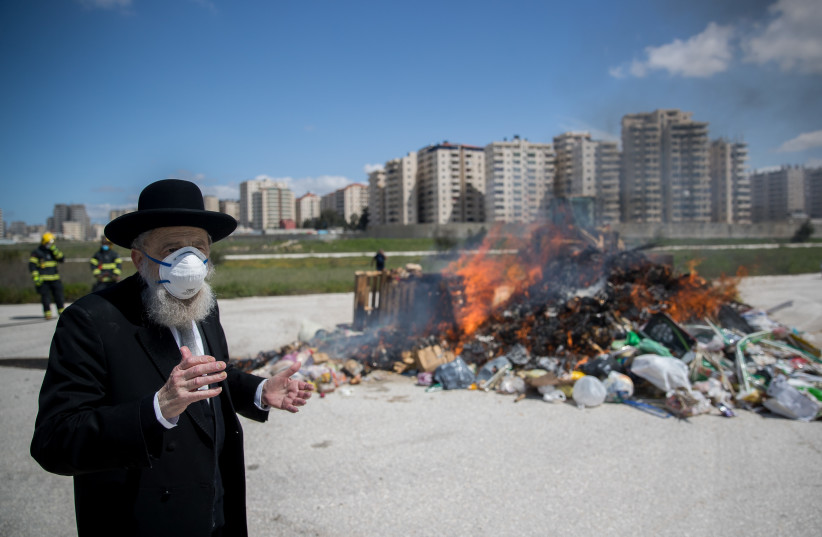Last Thursday, as evening fell on the city, two events that are some of the thousand faces of the city were held in two geographically close places. At the Agron Hostel, three members of the City Council, Laura Warton, Yossi Havilio and Fleur Hassan-Nahum, launched “The Lobby for Freedom in Jerusalem” and presented it’s main idea – to free Jerusalem from the strong grip of the haredim (ultra-Orthodox) at city council.
Five minutes’ drive away, at the Ginot Ha’ir Community Center, hundreds of people from all over the rainbow of Jerusalemites came to embrace the El-Ami family, whose son, Dror, chose to end his young life.
Dror in Hebrew means “freedom” – and while the freedom brought by Wharton, Havilio and Hassan-Nahum to the attention of all the residents of the city, is different from the freedom that Dror chose, the need for freedom, choices, and liberation from the limitations that invade our lives are an existential need for everyone – those who have come to Agron Street or to Emek Refaim Street – even if it wears different modes.
Is Jerusalem not free? The decent answer must really not be to this question. No one stops anyone in the city squares who doesn’t behave as they do. Jerusalemites as well as guests in the city can eat a sandwich during Ramadan in the east of the city, and Jews (or non-Jews) can sit at a non-kosher restaurant on weekdays and holidays, including eating hametz on Passover, without risking anything, not even a grim look.
But the feeling for many is that it is only on paper, and that in fact, a minority – even if not a small one – that is, the ultra-Orthodox residents who make up about a third of the entire city and about 29% of the Jewish population, bite the choices of other Jewish residents in countless ways and places.

This situation is possible because time and time again, in the mayoral and city council elections, the ultra-Orthodox public shows up on an impressive scale (and let’s give up these legends about resurrected dead to vote and other suspicions) while non-haredim, who excel in hesitating, will eventually go to the sea or shopping instead of going to the polls. And the rules of the game are clear: Whoever votes, influences.
The new lobby, which seeks to balance the situation through activity and activism, is a great idea – since whoever joins and starts acting on the matter will in the end be a resident who will also vote.
THE QUESTION is what can such a lobby do? Well, first of all, it should not fall into the trap of comparing budgets – because a closer look at the data of the city budget will show that there are legends and there is reality. And the reality is that the haredim do not really receive budgets that exceed their numbers in the population. For example, they receive schools that are vacant because there are far more haredi students than secular or religious ones .
The culture budget, for example, which is one of the main issues the lobby will deal with, is surprising. For example, in 2021, the budget (excluding support for institutions) was NIS 126.4 million, and in 2022 it was almost NIS 136.3 m. For Torah culture, the amount last year was almost NIS 26 m.; this year it is more than NIS 27.6 m. Not really a sweeping preference for the haredi sector.
The El-Ami family, despite their loss, have decided to focus on doing something for the common good, and they too are launching a new venture – an association that will help prevent situations where a child or an entire family has to deal with trauma, exclusion, abuse and the like, stepping from the personal pain out into a space of doing for the common good.
Those who came for the Lobby for Freedom in Jerusalem or to hear about the initiative for those who are losing their freedom due to harm and sorrow, are in fact the many faces of “Jerusalemites,” because freedom cannot exist in suffering and sorrow, nor in hating the other and ignoring their needs even if they are different.
But the anomaly in which 29% of the city’s population controls over 60% of city council seats and sets its policies – often in stark contrast to the desires and needs of those who are not part of their public – must end. Then both those who face trauma, boycotts and difficulties and those who feel that the city has been “stolen” know that it is in their hands and it is possible to act so that in the next city council – in just about a year and a half – all will be properly represented. ❖
